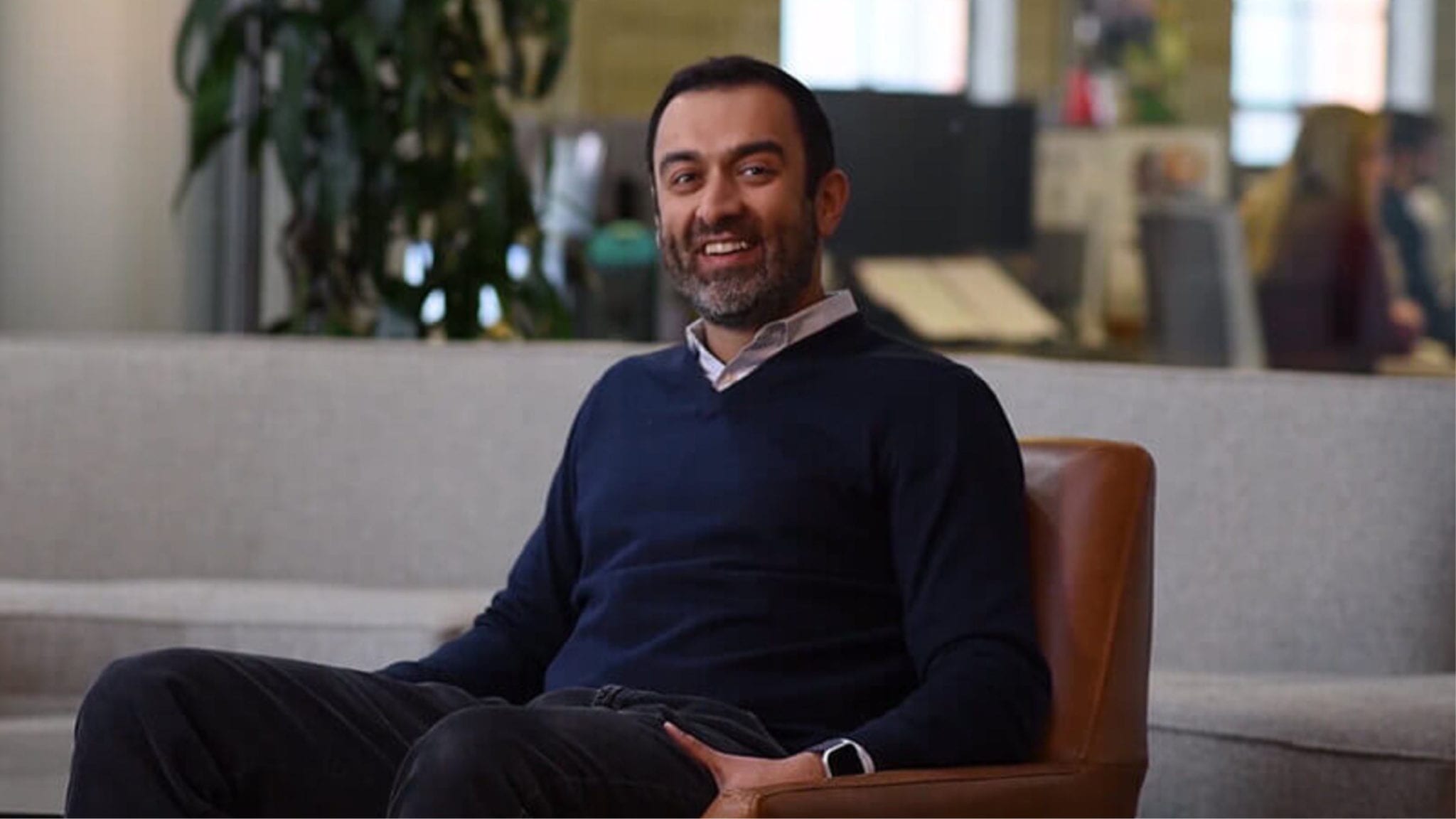
A week after disclosing layoffs, BridgeBio nets a $90M upfront cancer R&D pact with Bristol Myers
BridgeBio has located the bridge to greener pastures, specifically the lavish purple of Bristol Myers Squibb.
The two are collaborating in a deal giving the reorganized biotech an upfront payment of $90 million, a capital infusion that comes a week after the Palo Alto, CA biotech disclosed $23 to $25 million in restructuring-related costs. That move also included the out-licensing of six programs, a round of layoffs, consolidation of facilities and other activities in a major re-route.
Unlock this article instantly by becoming a free subscriber.
You’ll get access to free articles each month, plus you can customize what newsletters get delivered to your inbox each week, including breaking news.